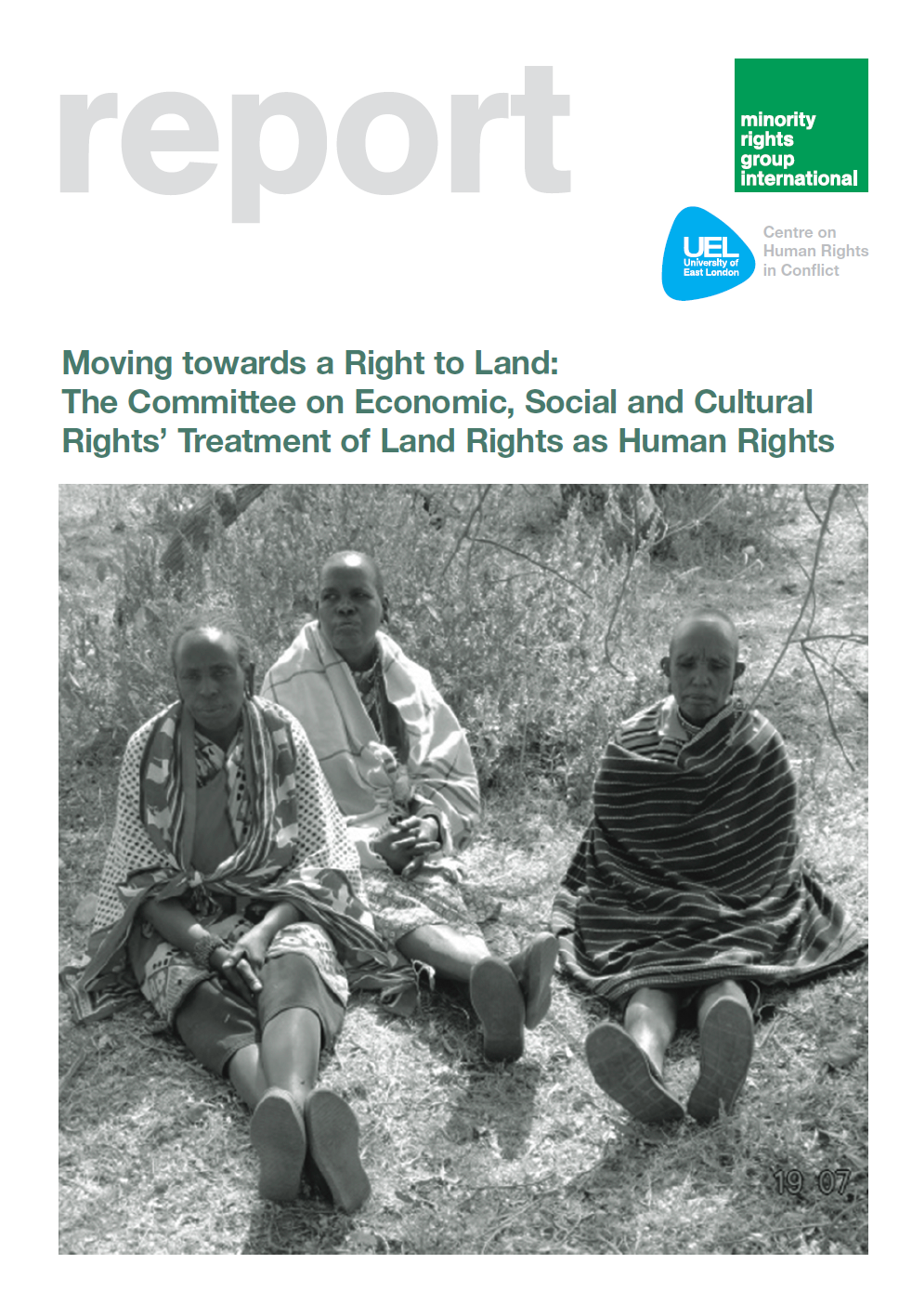Land Tenure, Investments and the Right to Food
Investment in agriculture is crucial for increasing productivity levels in developing countries and for creating economic and social benefits that contribute to the eradication of hunger. In addition, security of land tenure is critical for the realization of the right to food.






